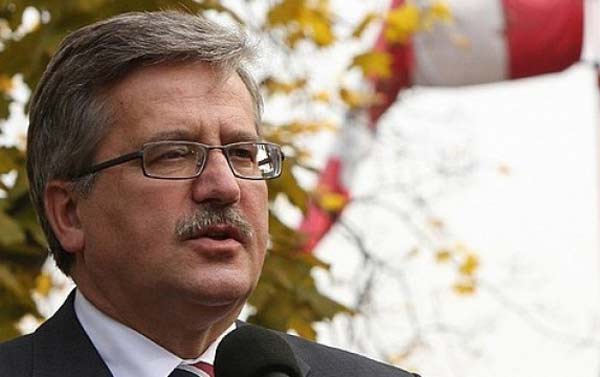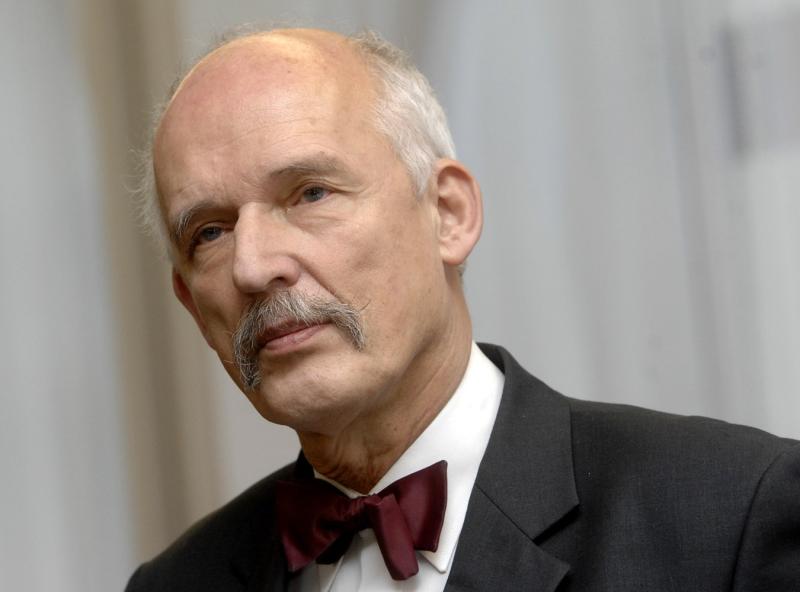History /
The story about German- Polish reconciliation [194]
So, back to topic.
Yes, high time.
The last post on topic was
Right after signing the border treaty, German Chancellor, Willy Brandt, decided to make an even more spectacular move. He honoured Poles of Jewish descent who perished by German hands during WW2.
What happened next?
In 1970s, the communist leader of Poland, Edward Gierek, had very close relations with West German Chancellor, Helmut Schmidt. The latter often visited Poland. Both leaders signed a few minor treaties, and in 1975 West Germany agreed to grant the Polish faltering economy a substantial loan, while Polish communists began the repatriation of some 125,000 ethnic Germans to West Germany.
Helmut Schmidt developed a close relationship with Edward Gierek, whom he considered a friend and a reliable partner, characteristics that facilitated the conclusion of the October 1975 agreement, according to Schmidt.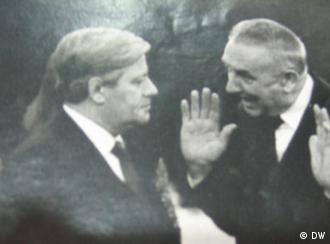
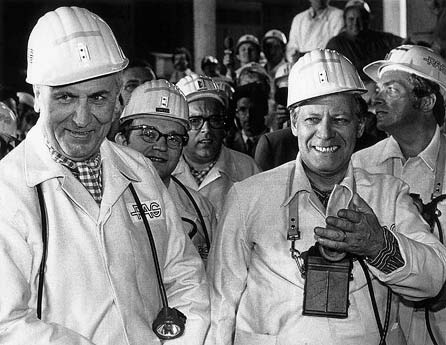
newworldencyclopedia.org/entry/History_of_Poland_%281945-1989%29
The story about German- Polish reconciliation
continued
In December 1981 Polish communists declared martial law. Solidarity was made illegal, restive workers arrested, striking mines and factories overpowerd by tanks and brutal police units. Shortages of food and other goods were prevalent. It seemed like the end of the world for many Poles.
Poland 1981

It was then when many Poles started to change their old perception of Germans. The latter stopped being viewed as Nazi murderers and revanchists obsessed with the desire to get back the Polish land. How?
Hundreds of thousands, if not millions Germans, private people with no connection with Poland whatsoever, participated in the Solidarity parcel campaign. About 30 million parcels, mostly with food, were sent to Poland since summer 1980 to late 1980s.. Poles who dealt with distribution of German aid all over the country say today they were impressed with the size of the aid. From 1981 the number of parcels increased by 625%.
The story in Polish
sdpz.org/?module=articles&category=37
In German
dradio.de/dlf/sendungen/europaheute/1629951/
And it is also mentioned in this book online:
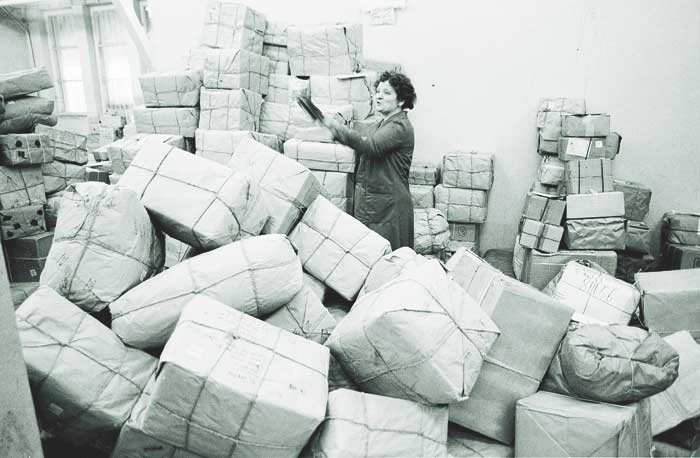
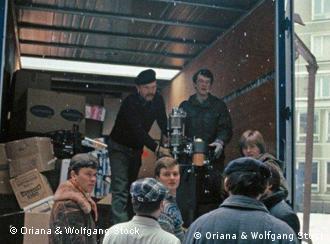
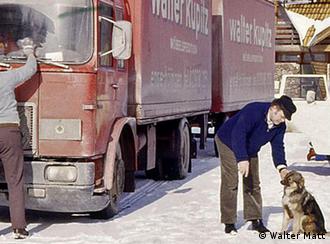
And interview with a German organiser of aid:
For Matt , the police commissioner crime such involvement was an individual act of reparation for what Nazi Germany made the Poles , but also the opportunity to show , " it was at that time also other Germany " . Behind this commitment was given honorary citizenship of the city of Lodz . But his involvement also attracted to renounce family life. Walter Matt helps people today who need assistance in Poland, supplying hospitals, nursing homes , rehabilitation care.The film
Solidarity parcels is a tribute to people who organised aid.
Well remember in Poland wrongs that we have done the neighbors behind the western border : relatives killed in concentration camps by the sea of ruins and rozkradzionych by invaders cultural property . It is interesting that the lived experience of good neighbors recalled only then ... Now is your chance to do it. Marks 30 years since the moments when ordinary people from all over the West open their hearts to the Poles and they moved us with a gigantic relief operation . At the head of this parade of good people walked Germany .Complete story in Polish in an article called
Thank you, Germans.gosc.pl/doc/1044242.Dziekujemy-wam-Niemcy
 PolishForums LIVE / Archives [3]
PolishForums LIVE / Archives [3]
